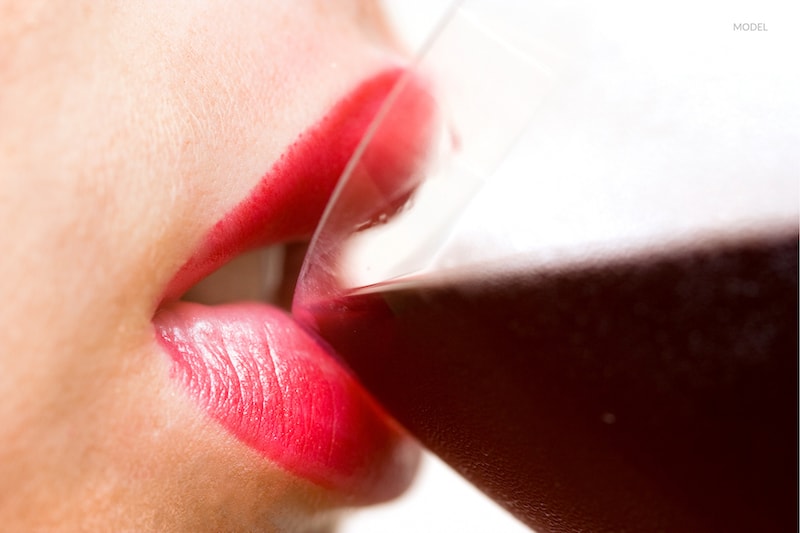What Do Alcoholic Beverages Do to Your Teeth?
3 Minute Read:
 Our modern world is full of ways to maintain healthy habits and prolong our lives, but it is easy to forget about the health of our teeth. For many, moderating one’s alcohol consumption is usually associated with bettering their health and internal organs; however, many people are not aware of the negative effects alcohol also has on their teeth.
Our modern world is full of ways to maintain healthy habits and prolong our lives, but it is easy to forget about the health of our teeth. For many, moderating one’s alcohol consumption is usually associated with bettering their health and internal organs; however, many people are not aware of the negative effects alcohol also has on their teeth.
Here are a few ways alcoholic beverages can alter your oral health.
Patients who would like more tips on living a healthier lifestyle when it comes to their dental health should experience the benefits of Dr. Fiss’ general care.
What Can Beer Do To Your Teeth?
Beer can cause the enamel of the teeth to demineralize due to its ability to change the pH or acid levels of the mouth. Enamel is an important aspect of a tooth’s health as it can protect the teeth from bacteria, plaque, and other harmful elements.
Additionally, the contents of a beer formula can begin to stain the teeth if drunken regularly. For example, malt or dark barley beers can stain the teeth because of their naturally deep coloring. If patients are not careful, staining can cause long-lasting discoloration that can only be fixed with regular deep cleanings or professional teeth whitening.
What Can Wine Do To Your Teeth?
Wine can also affect your oral health negatively; however, the extent to this damage depends significantly on the type of wine that is consumed. For example, some experts suggest that white wine is more acidic than red wine. The more acidic a particular wine is, the more effective it is at destroying your enamel, leaving you susceptible to discoloration and staining.
Can Alcohol Kill Bacteria in the Mouth?
While alcohol can be an effective way to kill harmful bacteria in the mouth, it will also kill the good bacteria.
Alcohol is also known to create dryness in the mouth, which is a breeding ground for bacteria. It might seem sensible to use alcohol to disinfect the mouth, but using alcohol in this way can actually be harmful when hoping to promote a habitat for ‘good’ bacteria to live properly in the mouth. Heavy drinkers tend to have irritation in the gums because of this.
What About Your Gums? How Does Alcohol Intake Impact Gum Health?
Much like potential damage to the teeth, alcohol can lead to gum problems, including gum disease.
Alcohol causes dry mouth and dehydration, which is a breeding ground for gum disease-causing bacteria. Your mouth needs an adequate amount of saliva to loosen bacteria from your teeth and gums. When you experience dry mouth, you don’t have that saliva, meaning that bacteria is staying on your teeth and gums—slowly creating additional problems like infection, abscesses, and worsening gum disease.
While moderating your alcohol consumption is the best way to protect your gums, you can help minimize problems by drinking lots of water, making sure to brush and floss after drinking, and visiting your dentist for regular checkups and cleanings.
Interested In Learning More About Alcohol and Its Effect On Your Teeth?
It is important to maintain your oral health, no matter how frequent your drinking habits are. To schedule your consultation with Dr. Fiss, contact our office at (312) 642-6631, or fill out our online contact form for additional information.